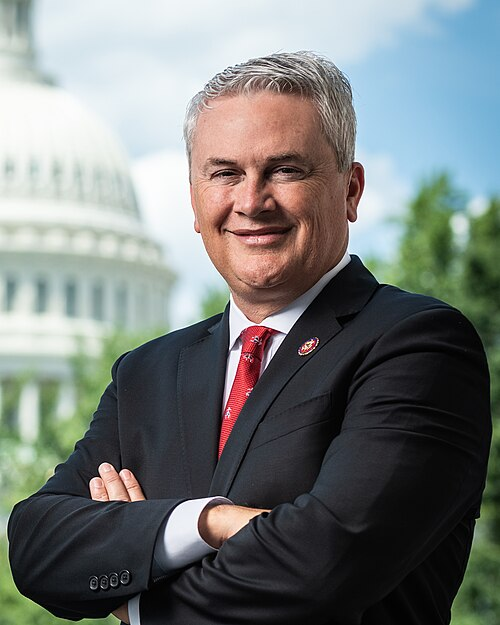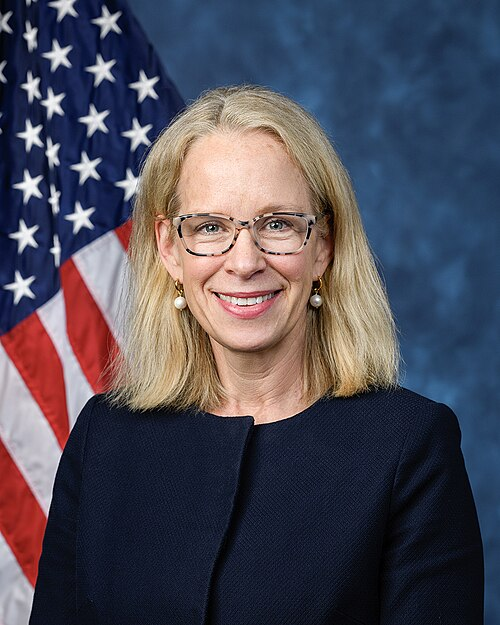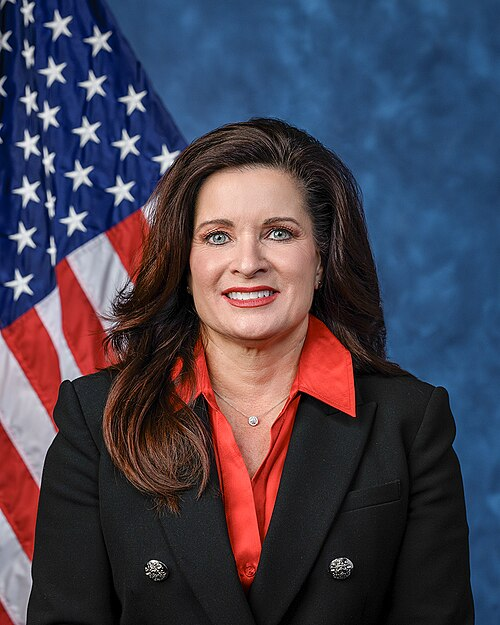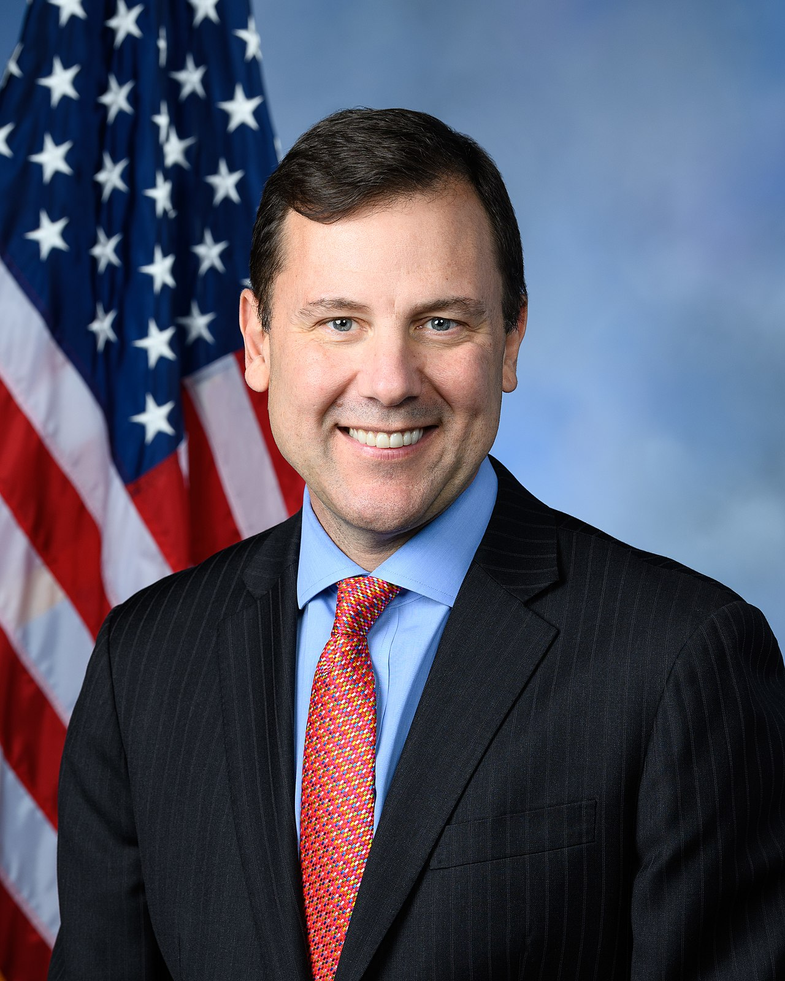H.R. 3429: US-Japan-ROK Trilateral Cooperation Act
This legislation, titled the US-Japan-ROK Trilateral Cooperation Act, aims to establish a structured dialogue and cooperation framework between the United States, Japan, and the Republic of Korea (ROK). The primary objectives of this bill include:
1. Promotion of Trilateral Cooperation
The Act emphasizes the need for the United States to strengthen trilateral partnerships with Japan and the ROK. This includes working together to address regional challenges and fostering a stable, inclusive, and healthy Indo-Pacific region. The bill builds on the commitments made during a summit held in August 2023, indicating a new level of partnership among the three nations.
2. Establishment of a Dialogue Framework
Under the bill, the Secretary of State is tasked with negotiating the creation of a US-Japan-ROK Inter-Parliamentary Dialogue within 180 days of the bill's enactment. This dialogue will be designed to enhance cooperation on shared interests and values among the three countries.
3. Composition of the United States Group
A United States Group will be formed as part of the Inter-Parliamentary Dialogue. This group will consist of up to eight members of Congress, with appointments divided amongst the leadership from both the House and the Senate. The membership will ensure representation from both parties and from members active in foreign affairs.
4. Meeting Frequency and Format
The US Group will meet at least annually with representatives from Japan and the ROK’s legislative bodies, including meetings that can take place in-person in any of the three countries or conducted virtually. These meetings seek to deepen dialogue on various important issues.
5. Leadership Structure
The leadership of the United States Group will alternate between the House and Senate delegates every two years. This will ensure shared leadership and equal participation from both chambers of Congress.
6. Acceptance of Contributions
The US Group has the ability to accept donations or services from private sources, subject to oversight from the ethics committees of both Congressional chambers.
7. Reporting Requirements
Annual reports detailing the expenditures and activities of the group will be submitted to Congress, allowing for accountability and transparency regarding its operations and funding.
8. Goals of the Trilateral Cooperation
- Enhance maritime security cooperation to maintain stability and freedom of navigation in the Indo-Pacific.
- Counter foreign misinformation to protect democratic institutions and promote accurate information sharing.
- Regularly hold Trilateral Leaders’ Summits to reinforce cooperation and shared efforts among the three countries.
The intent of the bill is to create a sustained, cooperative framework involving major legislative bodies from the three countries to address security, economic, and informational challenges in the region.
Relevant Companies
- T - AT&T Inc.: As a major telecommunications provider, AT&T could be affected by changes in trade agreements or security collaborations that may impact technology sharing among the U.S., Japan, and ROK.
- TSM - Taiwan Semiconductor Manufacturing Company: TSMC, based in Taiwan, may be indirectly affected by any changes in semiconductor policy resulting from U.S.-Japan-ROK cooperation, especially in relation to industry standards and trade practices.
- NKE - Nike, Inc.: As a global brand that may depend on manufacturing and supply chains in both Japan and Korea, any changes in trade relations could influence operations or costs.
This is an AI-generated summary of the bill text. There may be mistakes.
Sponsors
21 bill sponsors
-
TrackAmi Bera
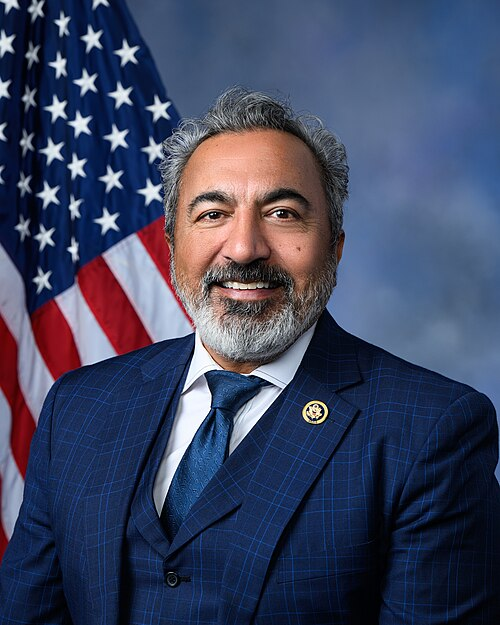
Sponsor
-
TrackAndré Carson
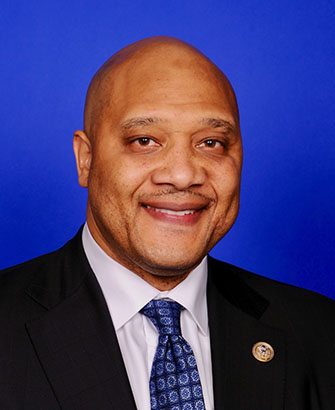
Co-Sponsor
-
TrackEd Case
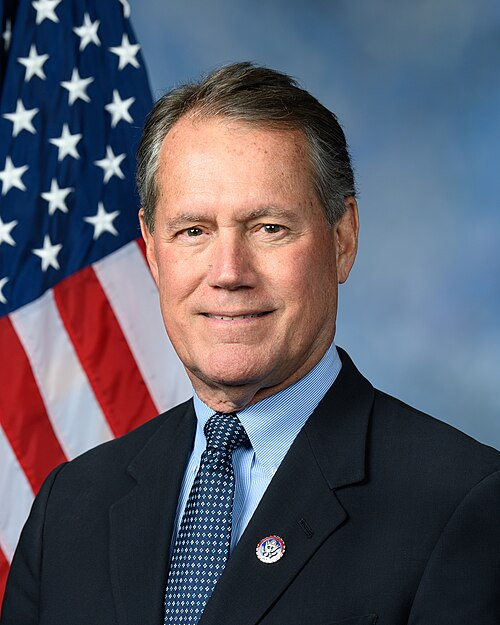
Co-Sponsor
-
TrackJoaquin Castro
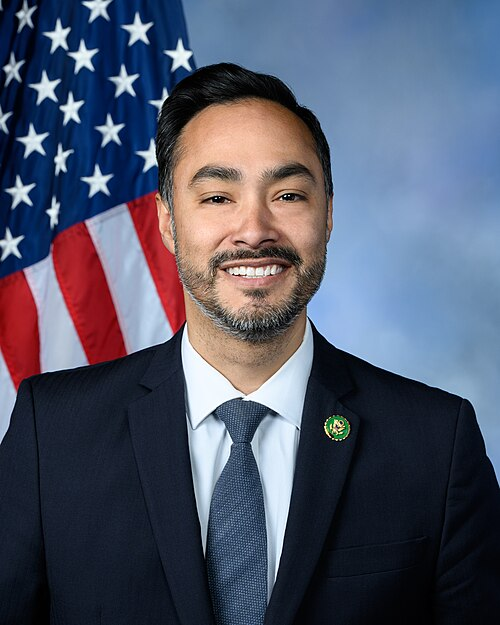
Co-Sponsor
-
TrackGerald E. Connolly
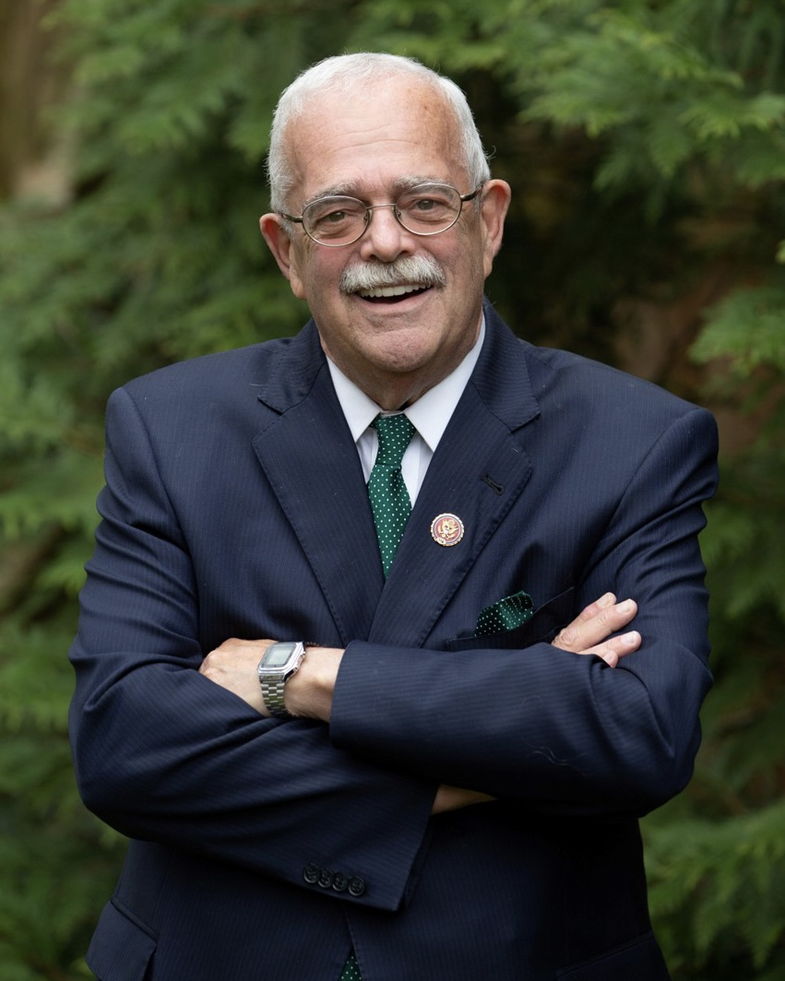
Co-Sponsor
-
TrackDaniel S. Goldman
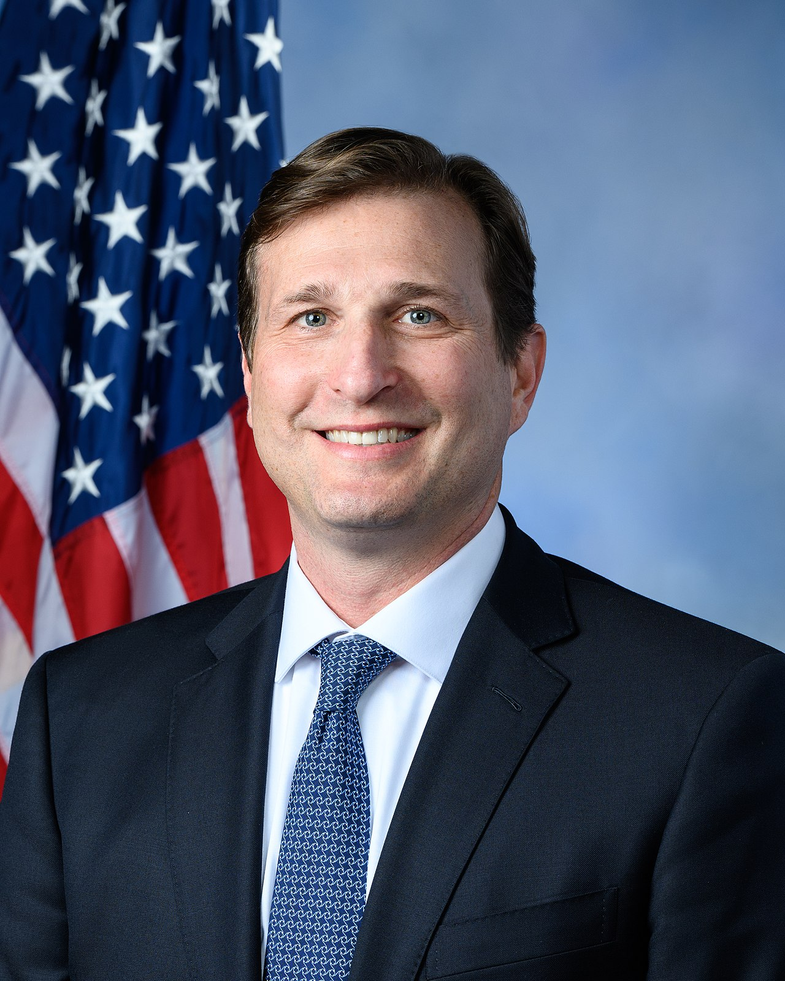
Co-Sponsor
-
TrackMike Kelly
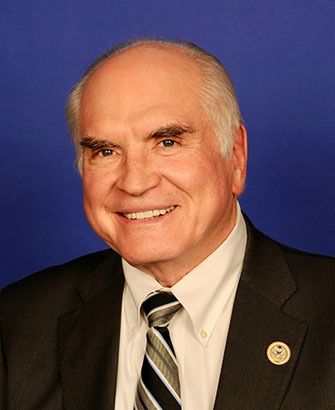
Co-Sponsor
-
TrackYoung Kim
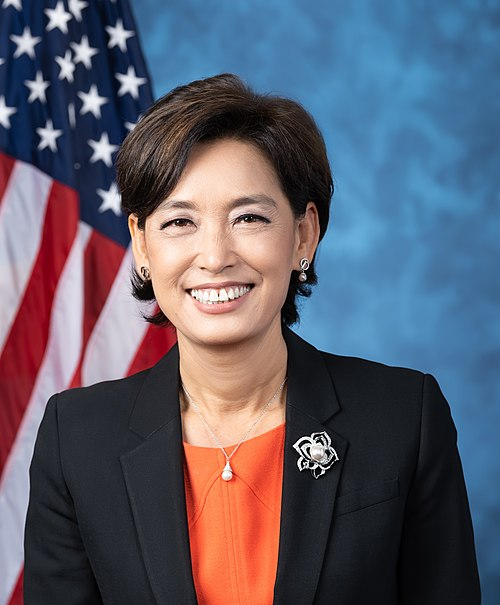
Co-Sponsor
-
TrackKimberlyn King-Hinds
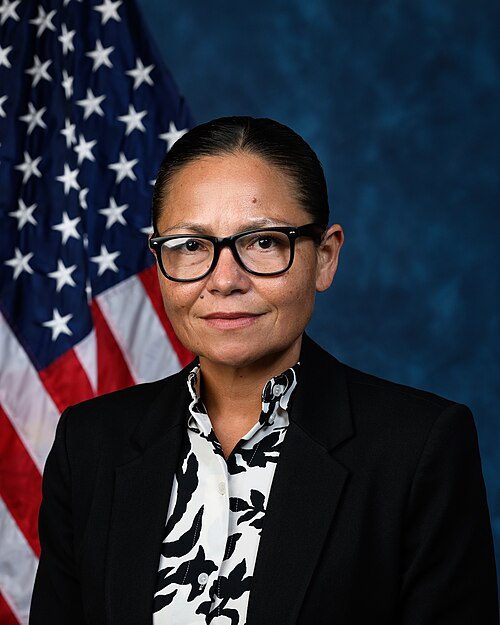
Co-Sponsor
-
TrackRaja Krishnamoorthi
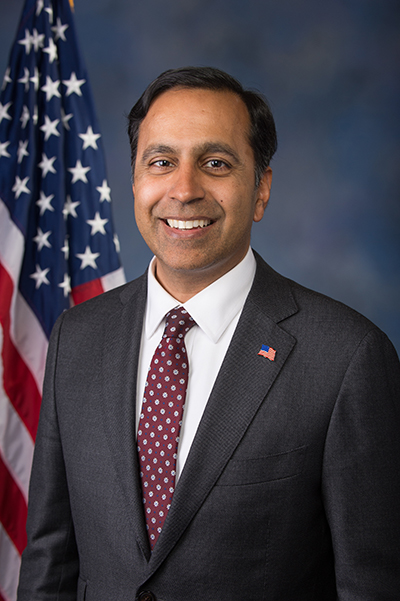
Co-Sponsor
-
TrackTed Lieu
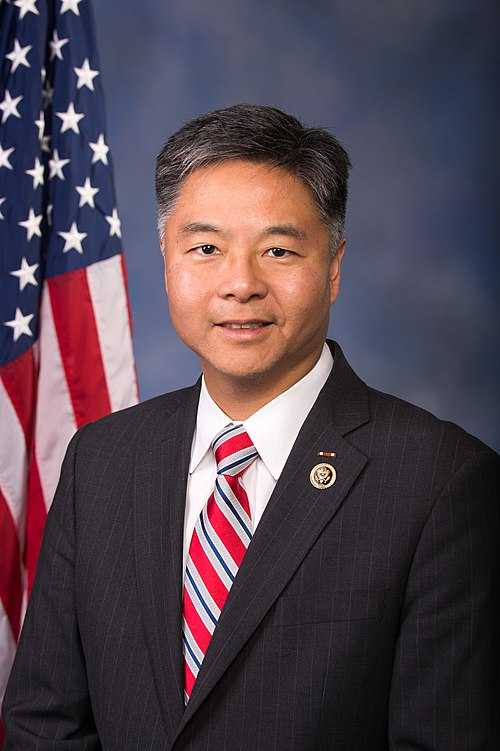
Co-Sponsor
-
TrackSarah McBride
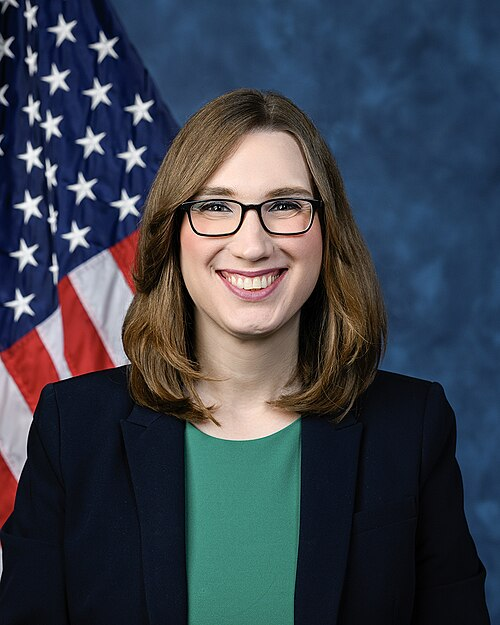
Co-Sponsor
-
TrackGregory W. Meeks
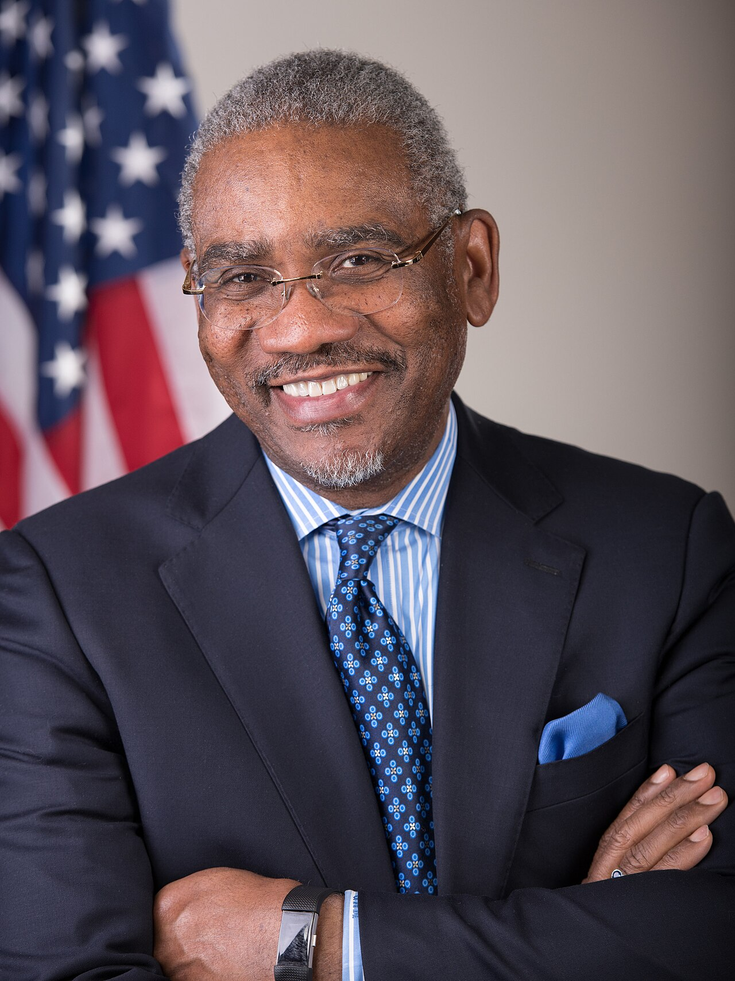
Co-Sponsor
-
TrackJames C. Moylan
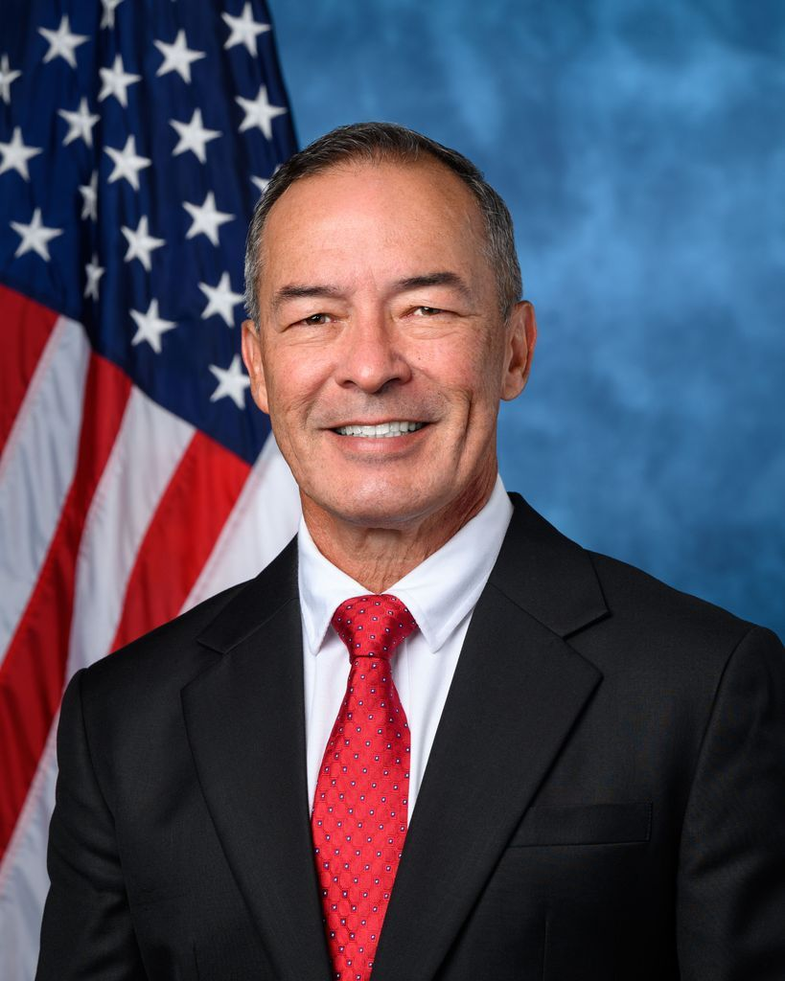
Co-Sponsor
-
TrackZachary Nunn
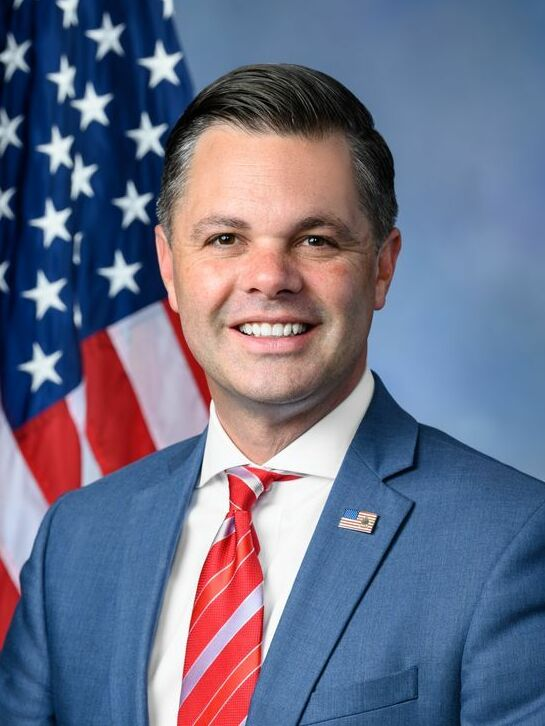
Co-Sponsor
-
TrackAumua Amata Coleman Radewagen
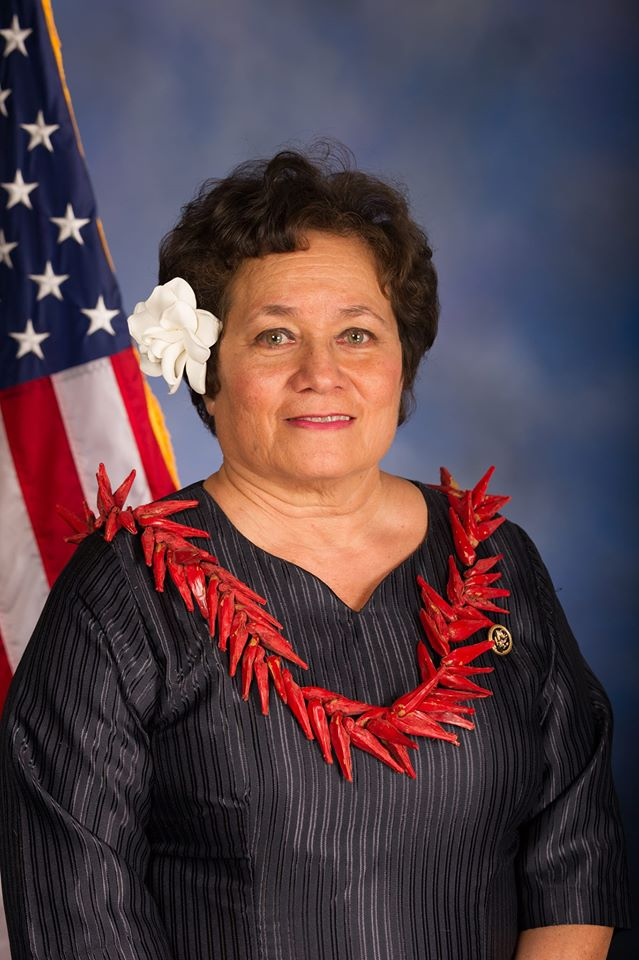
Co-Sponsor
-
TrackAdrian Smith

Co-Sponsor
-
TrackMarilyn Strickland
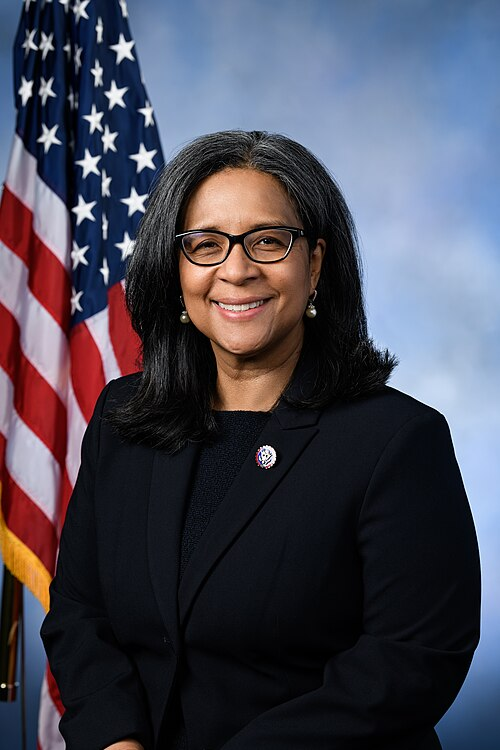
Co-Sponsor
-
TrackSuhas Subramanyam
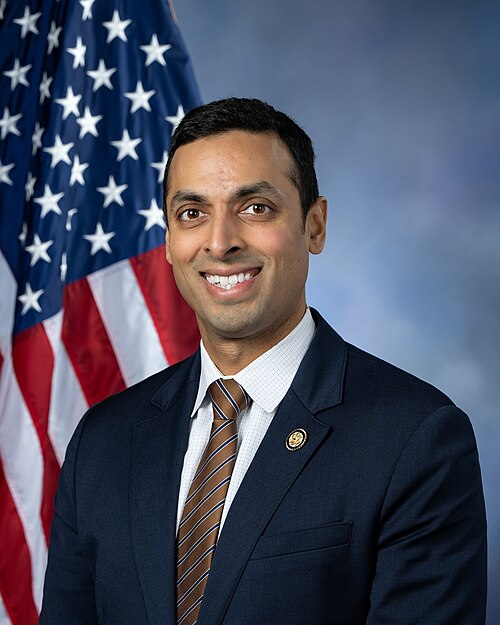
Co-Sponsor
-
TrackJames R. Walkinshaw

Co-Sponsor
-
TrackJoe Wilson
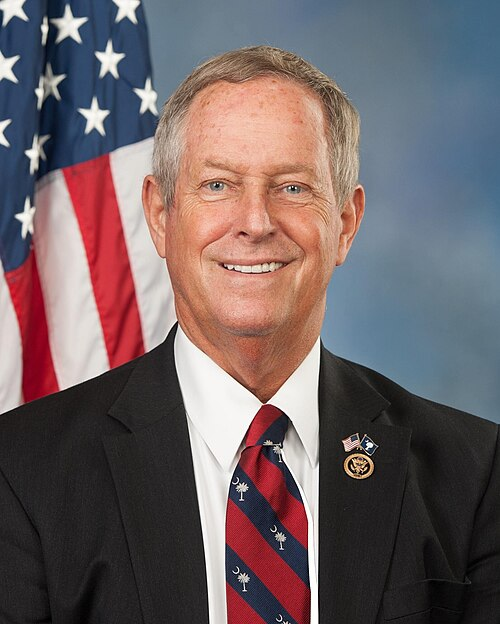
Co-Sponsor
Actions
4 actions
| Date | Action |
|---|---|
| Jul. 22, 2025 | Committee Consideration and Mark-up Session Held |
| Jul. 22, 2025 | Ordered to be Reported by the Yeas and Nays: 47 - 3. |
| May. 15, 2025 | Introduced in House |
| May. 15, 2025 | Referred to the House Committee on Foreign Affairs. |
Corporate Lobbying
0 companies lobbying
None found.
* Note that there can be significant delays in lobbying disclosures, and our data may be incomplete.













